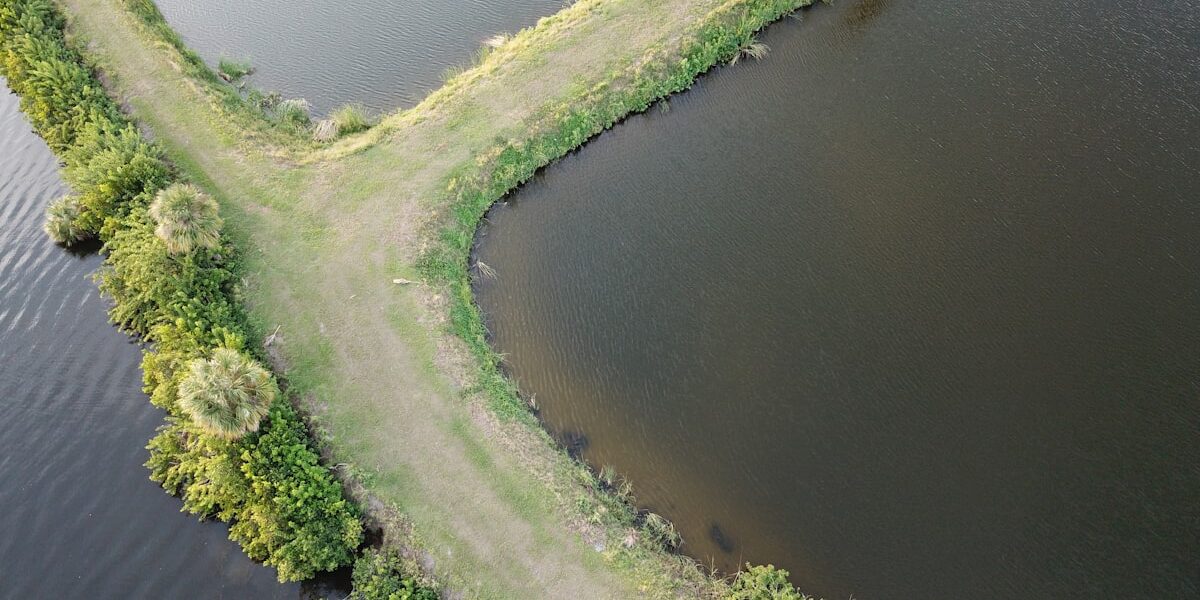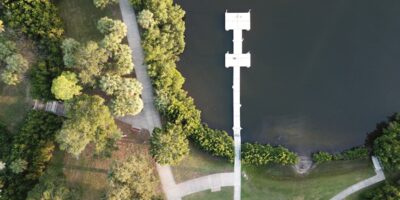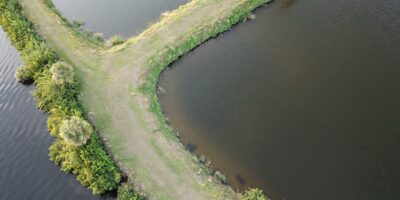If You Are Photographed by a UAS in Violation of North Carolina Law, You May Be Entitled To:
In North Carolina, the use of Unmanned Aircraft Systems (UAS), commonly known as drones, has become popular for various purposes. However, the state’s regulations are clear about protecting personal privacy and property rights. If you find yourself photographed by a UAS without consent, there are specific actions you can undertake.

Understanding North Carolina’s Drone Laws
North Carolina state law requires that drone operators follow federal guidelines set by the FAA. Beyond that, the state has imposed additional restrictions. For instance, drones cannot be used to interfere with manned aircraft, and operators must adhere to air traffic rules. Critically, North Carolina law emphasizes privacy, forbidding unauthorized surveillance or photography.
What Constitutes a Violation?
It is illegal to photograph or record individuals without their consent for any purpose other than their own personal record. Professional drone operators are aware of these limitations. Unauthorized capture of images, especially on private property, breaches this law. An operator must have explicit permission before capturing any image of individuals or properties.
Your Rights Under the Law
When your privacy is violated, you have the right to take action. The North Carolina General Statutes, specifically Chapter 15A-300.1, detail these rights. Under this statute, you can seek both civil and equitable remedies. This means you can pursue damages for the violation or prevent further unauthorized imaging.
Steps to Take If Your Privacy Is Violated
- Document the Incident: Collect as much evidence as possible. This includes video or photographs of the drone, witness testimonies, and any other information obtainable about the situation.
- Report to Authorities: Contact local law enforcement to file a complaint. This helps to create a formal record of the incident.
- Consult Legal Counsel: Seek a lawyer who specializes in drone laws or privacy rights. They can guide you through the options available and assess the viability of your complaint.
- Consider Civil Action: Depending on the circumstances, you may opt to file a lawsuit for damages. Courts can award monetary compensation for invasions of privacy.
- Cease and Desist Order: Your attorney can help draft and serve a cease-and-desist notice to the drone operator to immediately stop unauthorized use.
Pursuing Legal Remedies
Initiating legal proceedings starts with proper filing. A lawyer can help draft a claim detailing how the drone operator violated your privacy. If successful, a court may award damages based on emotional distress or economic harm. Loss of property value due to surveillance is a factor courts might consider.
Equitable and Injunctive Relief
In cases demanding immediate action, a court may issue an order stopping future violations. Unlike monetary compensation, which deals with past harm, injunctive relief focuses on preventing ongoing or potential misconduct. This is particularly valuable if your property is repeatedly targeted.
Importance of Privacy in North Carolina
Privacy remains a core concern under North Carolina law. It aims to balance the benefits of drone technology with individuals’ rights. Citizens should remain vigilant and informed about these rights. Awareness and education on this topic can deter potential violations from occurring in the first place.
Role of Technology Companies and Innovators
Drone manufacturers and software developers should ensure compliance with privacy standards. As technology evolves, companies should incorporate privacy by design principles. This involves taking preventive measures when designing drones to respect individual privacy. Features like automatic facial blurring or restricted flight zones can be part of such designs.
Educational Efforts
There is a need for continuous education for drone operators regarding legal obligations. Programs aimed at new hobbyists and professionals can emphasize ethical usage. Ensuring operators understand the legal context in which they operate can reduce inadvertent violations.
Community Advocacy and Support
Community groups can play a role by advocating for stricter enforcement of existing laws and promoting awareness campaigns. These groups can educate neighbors about lawful and unlawful drone activity. They act as watchdogs, ensuring that operators respect local regulations.
How Enforcement Works
Enforcement of drone laws in North Carolina involves multiple stakeholders. Law enforcement agencies have the authority to investigate and penalize violations. Meanwhile, the North Carolina Department of Transportation provides resources and guidelines for compliance. Cooperation between local agencies and general citizens is essential for effective enforcement.
The Impact on Drone Operators
Drone operators must stay informed about these laws to avoid penalties. Violations can result in fines, loss of licenses, or other consequences. Knowledge of legal restrictions ensures that operators can enjoy their hobby or profession without infringing on others’ rights.
Conclusion
While drones present new opportunities, they also pose significant privacy challenges. Being photographed or recorded without consent is not acceptable under North Carolina law. Understanding your rights and the appropriate legal actions can help protect your privacy from unlawful drone activities.




Subscribe for Updates
Get the latest articles delivered to your inbox.
We respect your privacy. Unsubscribe anytime.